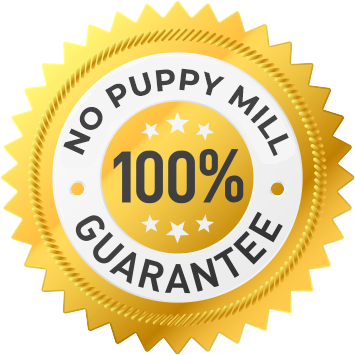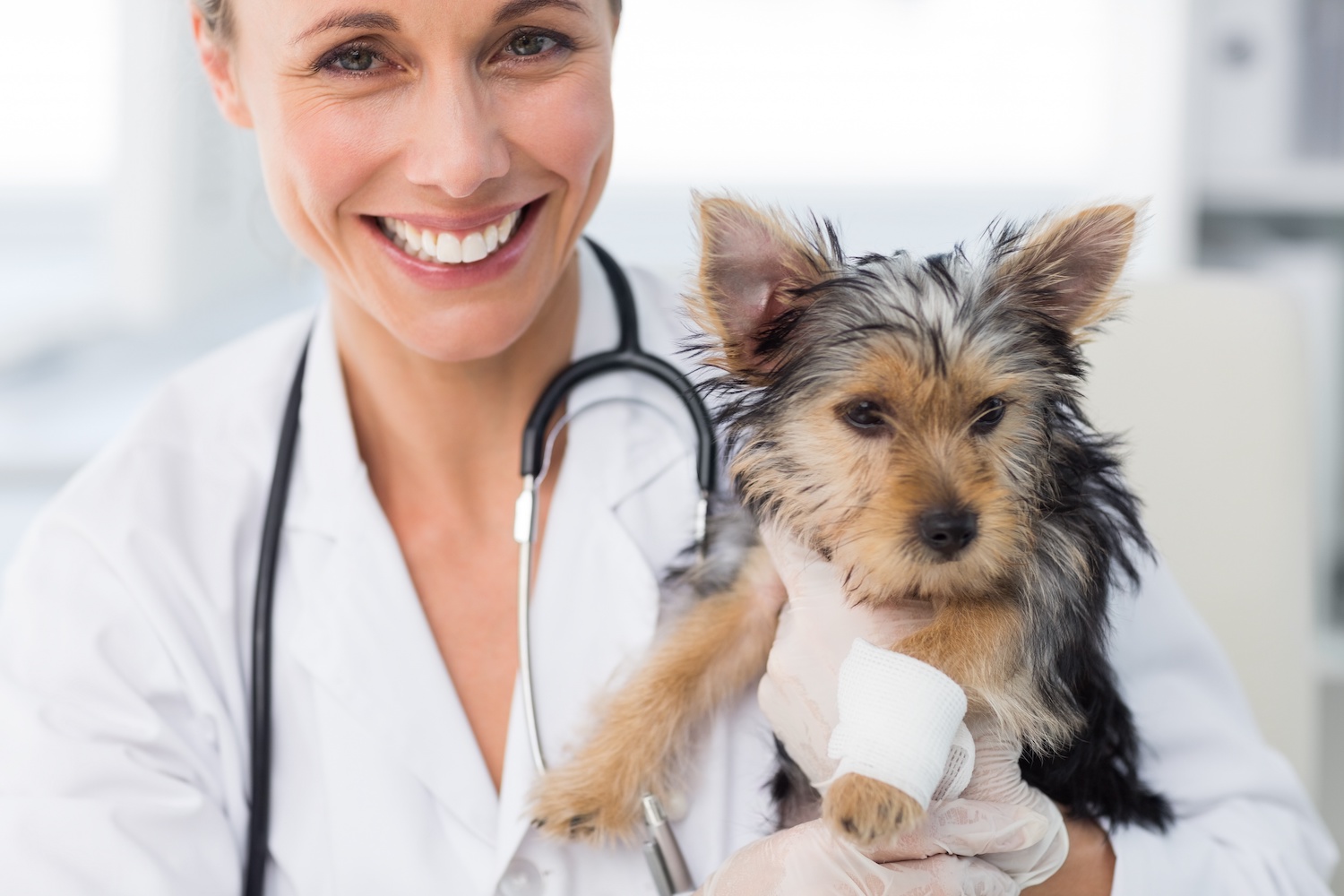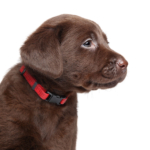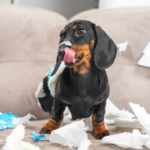- lmplovemypuppy
- October31,2023
- 301
- 0
Understanding Canine Behavior: Why Do Puppies Eat Their Poop?
If you’ve recently welcomed a puppy into your home, you might have been surprised or concerned to witness them eating their own feces. This behavior, known as coprophagia, is relatively common in puppies but can be baffling to new puppy parents. At Love My Puppy, we’re here to help you understand why puppies eat their poop and what you can do about it. If you have more questions about your puppy’s behavior, feel free to contact us at (561) 368-6767.
The Natural Instinct of Puppies
Coprophagia, or poop-eating, is a behavior that has its roots in a puppy’s natural instincts. In the wild, mother dogs often clean up after their puppies by consuming their feces. This serves several purposes:
Cleanliness: By eating their puppies’ waste, mother dogs keep the den clean and reduce the risk of attracting predators due to the scent of feces.
Protection: Consuming feces can help eliminate any potential disease-carrying parasites that may be present in the waste.
Nutrition: In some cases, mother dogs may eat their puppies’ feces to regain some of the nutrients lost during pregnancy and nursing.
Possible Reasons for Coprophagia in Puppies
While the natural instinct of coprophagia plays a role, there can be various reasons why puppies continue this behavior even after being weaned:
Exploration: Puppies are curious creatures, and they often use their mouths to explore their environment. This can lead them to taste and ingest things they shouldn’t, including their own feces.
Attention-Seeking: Puppies may eat their poop to get attention from their owners. If they receive a strong reaction when caught in the act, even if it’s negative, they may perceive it as attention and continue the behavior.
Dietary Deficiency: Some puppies may eat their feces due to nutritional deficiencies in their diet. They may be trying to obtain nutrients they feel are missing.
Stress or Anxiety: Coprophagia can be a response to stress or anxiety. If a puppy is feeling anxious or overwhelmed, they may resort to this behavior as a coping mechanism.
Cleanliness: Puppies naturally have a strong instinct for cleanliness. If they feel that their living area is not clean enough, they may eat their poop to maintain hygiene.
How to Address Coprophagia
If your puppy is engaging in coprophagia, there are several steps you can take to address and discourage this behavior:
Consult Your Vet: First and foremost, consult your veterinarian to rule out any underlying health issues causing coprophagia.
Diet Evaluation: Ensure that your puppy is on a high-quality, balanced diet that meets their nutritional needs.
Clean Environment: Keep your puppy’s living area clean and promptly remove feces to discourage access.
Supervision: When your puppy is outside, supervise them closely to prevent them from eating feces.
Training: Invest time in obedience training to teach your puppy the “leave it” and “drop it” commands, which can help prevent coprophagia.
Positive Reinforcement: Reward your puppy for good behavior, and avoid giving them attention when they engage in coprophagia.
While coprophagia can be a puzzling and unpleasant behavior, it’s often a passing phase in puppies. With patience, proper care, and training, most puppies outgrow this behavior as they mature. If you have concerns about your puppy’s behavior or need further guidance, don’t hesitate to contact us at Love My Puppy puppies for sale in Boca Raton and puppies for sale in West Palm Beach at (561) 368-6767. We’re here to support you on your journey to raising a happy and healthy puppy.





